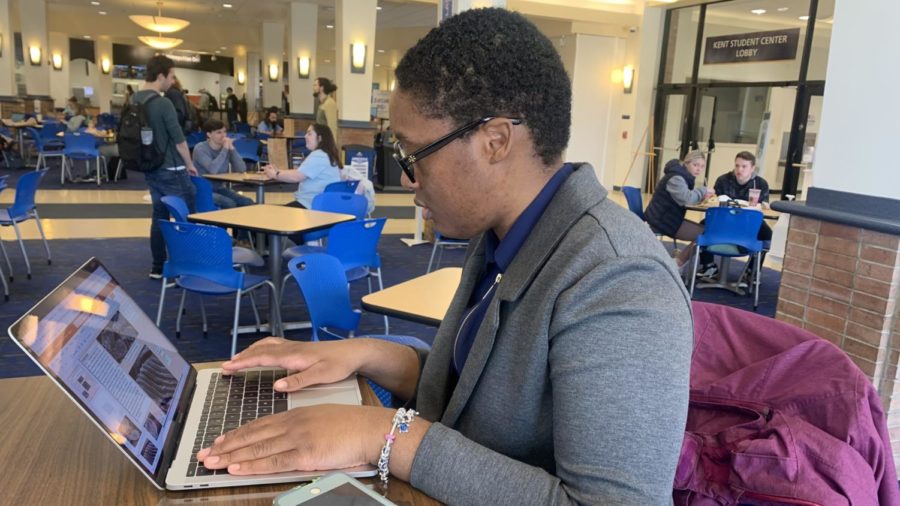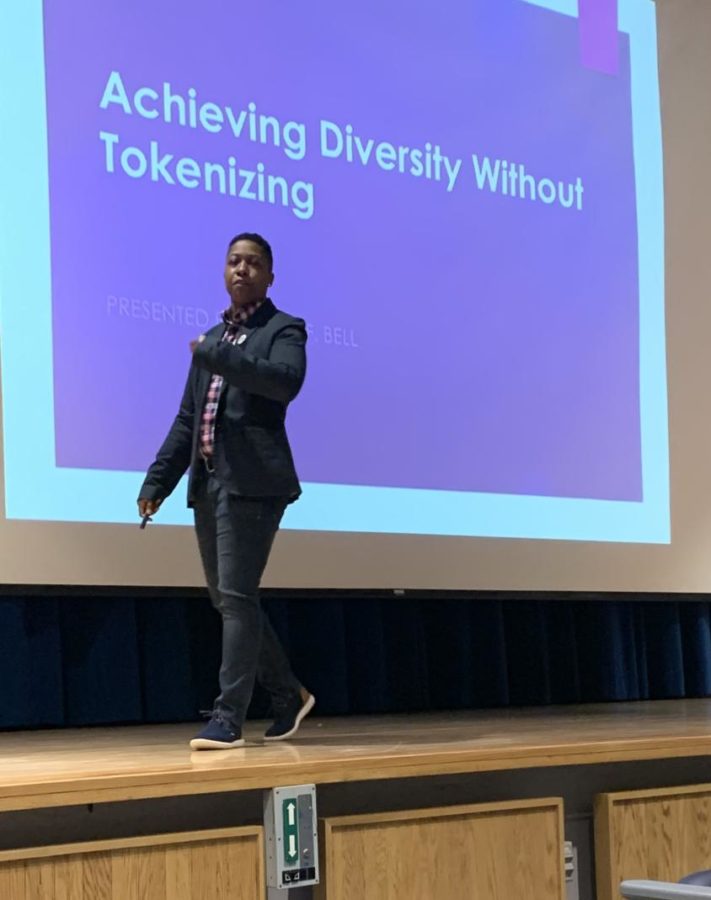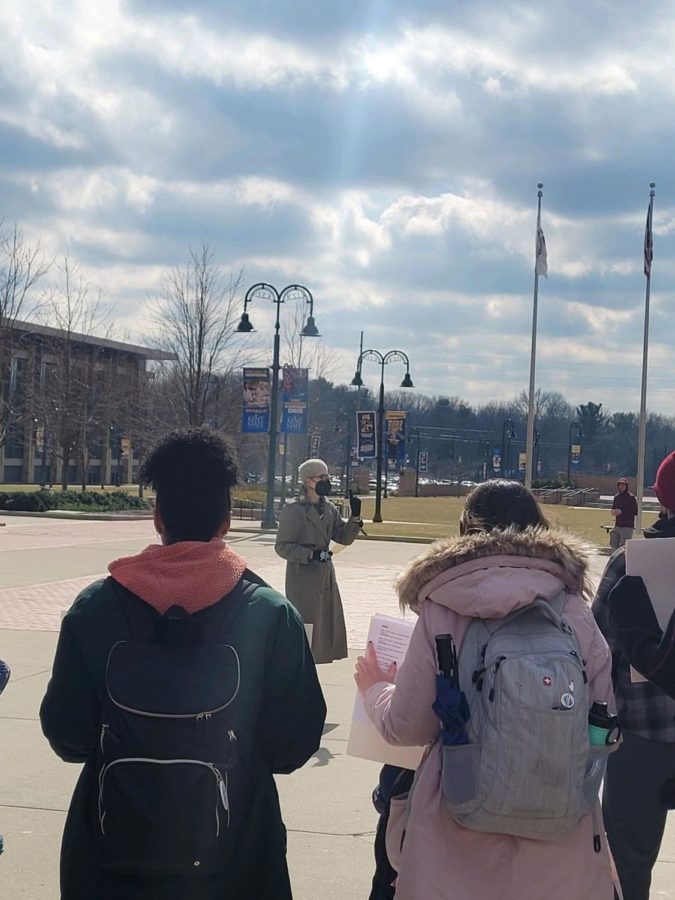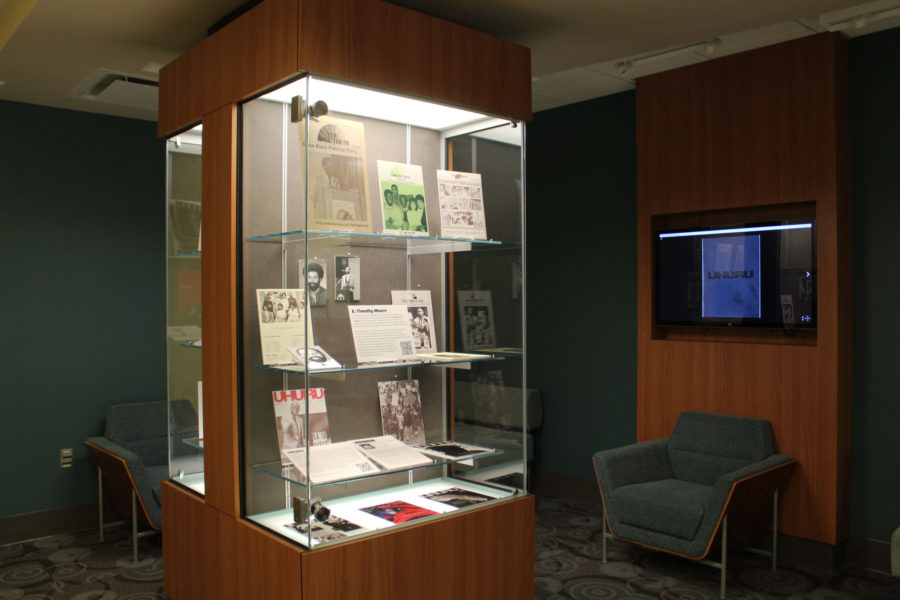Prior to the 1950s, the first appearances of black women in entertainment were in minstrel shows that featured white male actors portraying stereotypical black female roles. George Christy was one of the first women impersonators who portrayed Lucy Long, a flirtatious mulatto woman. These shows, which began in the 19th century, depicted black women as either the “coal black mammy” or the “yellow gal.” By the 1930s, black women were surfacing as actresses, but only in stereotypical roles such as servants and housemaids.
1968- “Julia”- Julia Baker
In 1968, NBC’s “Julia” was the first show to star a black woman in a non-stereotypical role on television. Diahann Carroll played Julia Baker, a widowed single mother who was a nurse at a large aerospace company. In the 1960s, this role was groundbreaking. During that period of social upheaval and rioting, the show was the first to shed a positive light on the black community, as she and her son lived in a suburban setting. But the show received some criticism as it did not accurately reflect the common African American experience at the time of the civil rights movement. Despite the controversy, “Julia” shifted the common role of black women in a major way. Her character also broke barriers outside of television, as she was one of the first black actresses to be made into a Barbie.
The 1970s and 1980s showed an impactful shift in black television characters. During this time, family-oriented shows were flourishing. In many, such as “The Cosby Show,” women like Claire Huxtable were depicted as the matriarch of the family and played a very important role.
During the 1990s, many popular shows highlighted black teenage and college girls. Shows such as “Sister Sister,” “A Different World” and “Moesha” shined light on what it means to be a multidimensional black teen. To this day, their roles inspire our personal journeys to black Womanhood.
2000- “Girlfriends”- Joan, Toni, Lynn, and Maya
UPN’s 2000 TV series portrays Joan Clayton (Tracee Ellis Ross), as a lawyer; Toni Childs (Jill Marie Jones), as a real estate agent; Lynn Searcy (Persia White), as a free spirit; and Maya (Golden Brooks), as an author/housewife. The show highlighted the various dimensions of the friendships that many black women share and each friend shined a light on the great variety of black women. The show resembled the structure of “Sex and the City,” but aimed to highlight the dynamic nature of black “girlfriends.”
2012- “Scandal” – Olivia Pope
ABC’s “Scandal” follows Olivia Pope who is played by Kerry Washington. Olivia is a multi-dimensional woman who is a former lawyer and White House communications director. She catches the attention of the President and the White House because of her ability to think quickly and effectively. Throughout the show, she has an ongoing romantic affair with the President of the United States. Olivia’s work ethic and knowledge are unmatched, as though she can handle any scandal that arises. Her character is said to be the most complex black woman in television history.
“Being Mary Jane” – Mary Jane Paul
In “Being Mary Jane,” Gabrielle Union portrays Mary Jane Paul, a successful news anchor who seems to have it all together. She has money, credibility and a killer closet but struggles to complete the big picture, as she has recurring relationship issues with her family and men. Mary Jane breaks the stereotypical past portrayals of black women, as she has reached a high level of success even in the absence of a man.
“Insecure”– Issa Dee
In HBO’s dramedy “Insecure,” Issa Rae portrays Issa Dee, who is a woman in search of something more, as she feels that unhappiness is only a few steps away. The series navigates through her love and professional life, which are equally stagnant. On the opposite end, the series also follows Issa’s best friend Molly, who seems more put-together but also has similar struggles. Black women are usually viewed as strong, independent and one-dimensional, but Issa and Molly certainly are not that. They are still navigating what exactly they want out of life and the show captures their attempts at learning to take control of their personal journeys. This show in particular is very important in the involvement of black women in television because it’s written and based off of Issa Rae’s personal journey, which adds more “realness” to it. This show doesn’t shove the idea of being black in everyone’s faces, but instead, tells a unique story with a fresh perspective. This show, along with other new upcoming television series, gives a voice to black women who fall outside of the normal stereotypes.
Our overall evolution on the television screen has come a long way. It is so important to have the opportunity to tune in or binge watch shows that feature women who look like us, talk like us, and share the same struggles. When it comes to black women, there needs to be characters that all of us can identify with, so that we can feel inspired enough to achieve our dreams just like our favorite television role models.
Black Hollywood: The Evolution of Black Women on Television
July 10, 2018
0
Donate to UHURU Magazine
Your donation will support the student journalists of Kent State University - Uhuru Magazine. Your contribution will allow us to purchase equipment and cover our annual website hosting costs.
More to Discover






